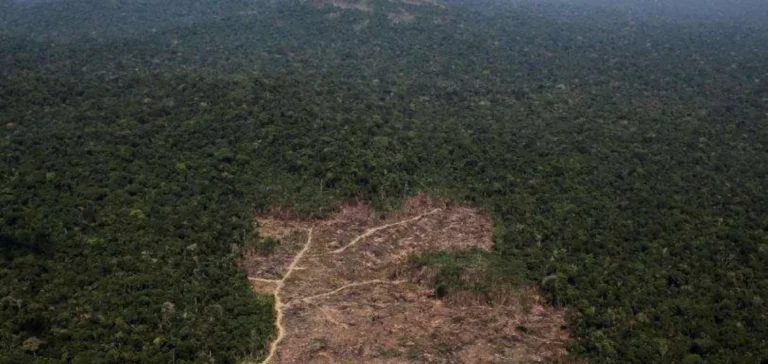Singapore has concluded a $55.6 million contract to acquire 2.17 million metric tonnes of carbon dioxide equivalent (mtCO2e) in nature-based carbon credits under the Paris Agreement. This marks the country’s first government-level purchase of internationally transferred mitigation outcomes under Article 6.2.
The credits will be sourced from four projects located in Peru, Ghana and Paraguay. Two of them are REDD+ (Reducing Emissions from Deforestation and Forest Degradation) initiatives in Peru. Another focuses on grassland restoration in Paraguay, while the last involves reforestation of degraded land in Ghana. Deliveries are scheduled between 2026 and 2030, according to a joint statement from the National Climate Change Secretariat and the Ministry of Trade and Industry.
Verra methodologies aligned with Article 6
All projects are registered with the certification body Verra and use methodologies VM0047 (Afforestation/Reforestation), VM0048 (REDD+), and VM0042 (Improved Agricultural Land Management). These methodologies are eligible under Singapore’s Article 6.2 framework, and the credits will be correspondingly adjusted in the national inventories of the host countries to avoid double counting.
The contract aligns with Singapore’s bilateral strategy, which prioritises intergovernmental agreements over the voluntary carbon market. Selected projects must meet strict criteria on environmental integrity, permanence of reductions, and social co-benefits, and must be authorised by the host nations.
Government deals shaping a nascent market
Singapore currently holds bilateral implementation agreements with nine countries, including Peru, Ghana and Paraguay. In line with Article 6.2 guidance, 5% of proceeds from these credits will be allocated to adaptation finance for the host nations. The deal marks a significant step towards contracted delivery of Article 6 credits beyond pilot stages.
Credit prices vary by region. The current price of the Nature-Based Avoidance credit in Southeast Asia stands at $9.15/mtCO2e, while in South America it is assessed at $6.60/mtCO2e. The Natural Carbon Capture credit is priced at $13.46/mtCO2e.
Role in domestic carbon tax regime
International credits acquired may be used to offset up to 5% of emissions covered under Singapore’s domestic carbon tax, provided they meet the required quality criteria. This offsetting mechanism has been in effect since 2024 for taxable facilities. A new request-for-proposals is expected later this year to expand the framework.
While market liquidity for Article 6.2-aligned credits remains limited, government-backed transactions are helping to set integrity benchmarks. They also serve as operational tests for future bilateral exchanges in a developing market structure.






















